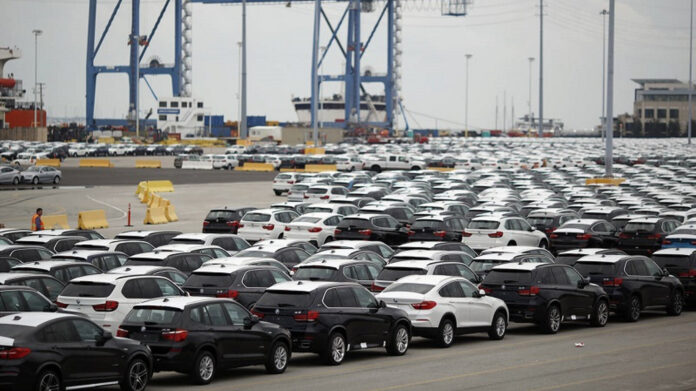New car sales in Kenya plunged 17.66% in the first quarter of the year, the steepest drop in seven years.
The outcome of this is concluded to be due to higher taxes, rising interest rates and a weak shilling. Kenya’s auto Industry saw a significant sales slump in the first quarter of 2024.
According to the data from the Kenya Motor Industry Association ( KMIA), new sales vehicles dropped to 2,271 units, a 17.7% decline.
This had a major comparison to the 2,758 units sold in the same period of 2023. The double-digit decline pushed the demand for more orders for new motor vehicles to the lowest levels in a decade.
Based on the analysis of Kenya Motor Industry Association ( KMIA), demand most peaked in the year 2015.
Most car dealers in the likes of CFAO, Isuzu and Simba Corporation have raised complaints of a hostile operating environment.
High interest rates are squeezing demand for new vehicles, as most purchases are financed.
Is your mechanic scamming you? Why you should visit the garage during service
Furthermore, outstanding bills from both government and private entities have strained cash flow. This lack of cash flow is hindering their ability to purchase new vehicles.
“Interest rates have been high, meaning most of our customers were not able to get funding. Today it has been between 18 and 25 percent. We have not seen such an interest rate in many years, and so, it is tough for our customers too.”
Kenya’s shilling weakened against the strong US dollar in January, surpassing the 160 mark. However, this came to recover in mid-February 2024.
When the Kenyan currency was under pressure, this resulted to most vehicle units and their parts sold in March and some being ordered months earlier.
In July the Kenya Revenue Authority ( KRA) implemented an increase in import duties on motor vehicles entering the country.
This action followed the approval of the East African Community Council of Ministers for Kenya to levy a higher rate than the standard 10% common external tariff applicable to the seven-member bloc.
Importation of vehicles further attracts excise duty ranging from 25 % to 35% depending on the size of the engine, in addition to the standard 16-value added tax.
The slump in car sales caused worry to Treasury Secretary Njuguna Ndung’u who listed vehicles alongside other goods like fuel and beer whose weak sales were hurting government income.








